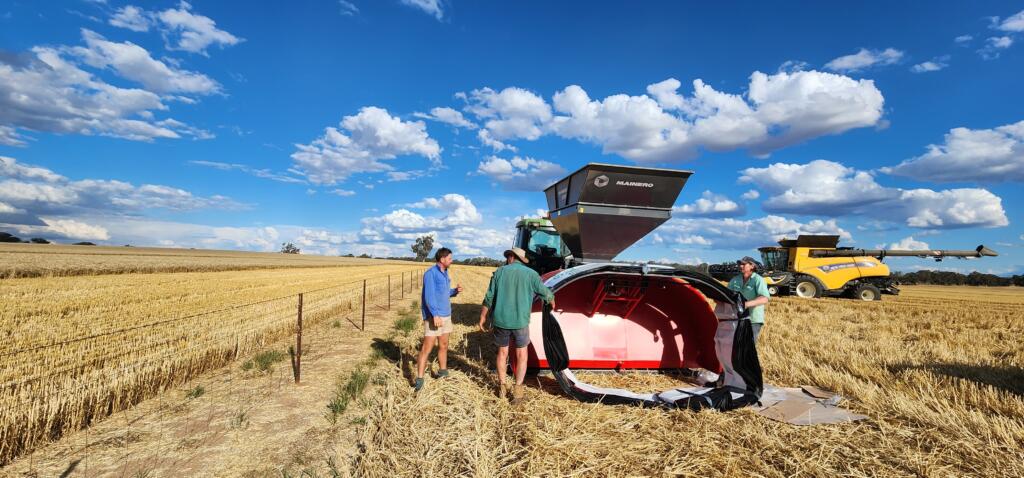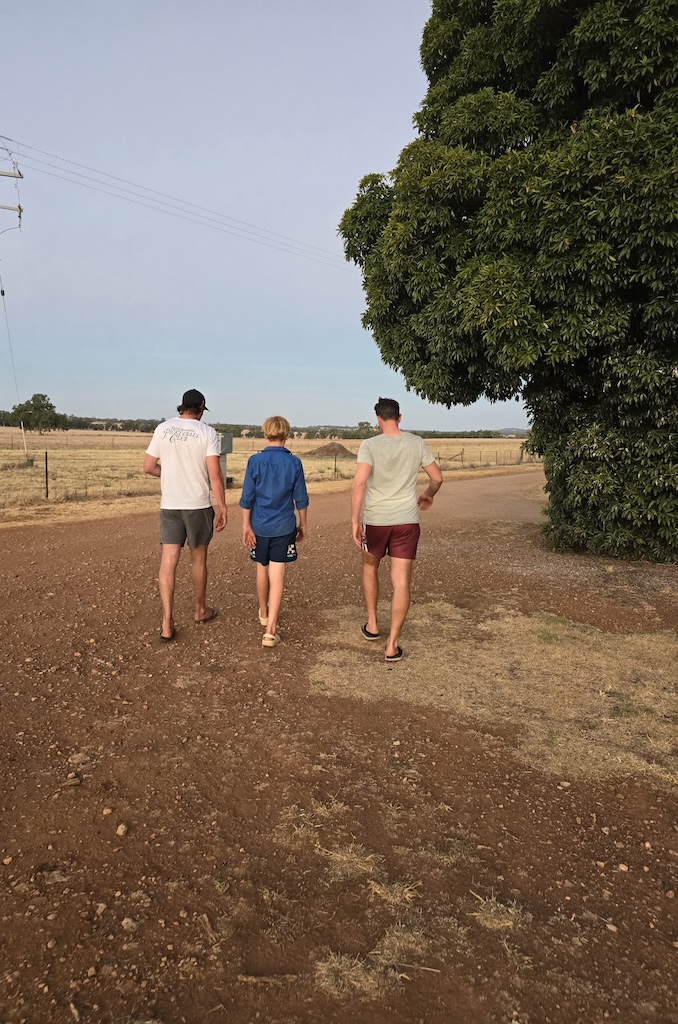Navigating Mental Health: Insights for Farmers
Understanding the Silent Struggle
Farming is a profession of relentless challenges, characterised by long hours, physical toll, and often isolation. The idyllic landscapes can sometimes mask the harsh realities faced by those who work the land. In rural communities, there is a culture of stoicism, where silence is seen as a badge of honor, and emotional struggles are often buried under the guise of toughness. However, this silent endurance can have serious implications for mental health.
The unpredictability of weather, the pressure of market demands, and the physical demands of farming can lead to stress, anxiety, and depression. The isolation that comes with working in remote areas can exacerbate these feelings, making it difficult for farmers to reach out for help. This is where the story of Justin Koschitzke, a former Australian Football League (AFL) star turned mental health advocate, becomes relevant. Growing up on a farm in New South Wales, Justin witnessed firsthand the challenges faced by his parents and the wider farming community. His transition from sports to advocacy highlights the importance of addressing mental health issues in the agricultural sector.

Breaking the Silence: Encouraging Open Conversations about Mental Health
Justin Koschitzke’s advocacy work has been pivotal in encouraging farmers to break the silence surrounding mental health. By sharing his own experiences and struggles, he has helped to foster a more open environment where discussing mental well-being is not seen as a sign of weakness. His efforts aim to shift the cultural narrative, emphasising that it’s okay to not be okay and that seeking help is a sign of strength.
This message is crucial in an industry where suicide rates are alarmingly high. The stoic silence often adopted by farmers can sometimes prevent them from seeking the support they need. Initiatives that promote mental health awareness and suicide prevention are vital in creating a safety net for those in the agricultural community. Workshops, support groups, and mental health resources tailored to the unique needs of farmers can provide lifelines in times of crisis.
Cultivating Resilience: Building Support Systems in the Farming Community
Resilience is a key trait for farmers, but it doesn’t have to mean enduring hardships alone. Building a strong support system within the farming community is essential for fostering resilience. This includes not only family and friends but also professional mental health services that understand the specific challenges of agricultural life. Peer support groups, where farmers can share their experiences and coping strategies, can also be incredibly beneficial.
Technology can play a role in bridging the gap caused by physical isolation. Online forums and telehealth services can provide access to mental health support for those in remote areas. Additionally, educating farmers about stress management techniques and self-care practices can empower them to take control of their mental well-being.
The Legacy of Farming Generations: Nurturing Mental Health Across Ages

Farming is often a family affair, with knowledge, land, and traditions passed down through generations. This deep-rooted connection to the land and to one another is a source of pride and identity for many farming families. However, it can also bring unique pressures, as each generation faces the challenge of upholding the family legacy while adapting to modern agricultural demands. The expectation to persevere, often in silence, can weigh heavily on the mental health of farmers across all ages.
Recognising and addressing the mental health needs of each generation is crucial. For older farmers, acknowledging the value of their life’s work and providing support for the inevitable transitions that come with aging is important. For the younger generation, offering resources and education to manage stress and navigate the complexities of modern farming can help foster resilience. By promoting intergenerational dialogue and understanding, farming communities can create a supportive environment where mental well-being is prioritised alongside agricultural success.
Five Tips for Farmers to Support Mental Health and Well-being:
- Prioritise Self-Care: Regularly set aside time for activities that help you relax and recharge, such as exercise, hobbies, or spending time with loved ones. Adequate sleep, a balanced diet, and physical activity can also significantly impact your mental well-being.
- Stay Connected: Isolation can exacerbate stress and mental health issues. Make an effort to maintain social connections, whether it's through community events, online forums, or regular catch-ups with friends and family.
- Seek Professional Help When Needed: Don't hesitate to reach out to mental health professionals if you're struggling. Early intervention can prevent more serious issues from developing. Utilise hotlines, counseling services, or telehealth options if access to in-person services is limited.
- Educate Yourself and Others: Stay informed about mental health and share your knowledge with others in your community. The more awareness there is, the less stigma there will be, making it easier for everyone to seek help when needed.
- Practice Stress Management: Learn and implement stress management techniques such as mindfulness, meditation, or deep breathing exercises. These can help you stay calm and focused during challenging times.
A Continuing Mission
The farming community is the backbone of our society, providing the food that sustains us. Yet, the mental health challenges faced by those in this sector often go unnoticed. The story of Justin Koschitzke’s transition from AFL star to mental health advocate for farmers serves as a reminder of the importance of addressing these issues. By breaking the silence, encouraging open conversations, and building strong support systems, we can help cultivate a more resilient and mentally healthy farming community. It’s time to shift the cultural narrative and recognise that seeking help is not only acceptable but necessary for the well-being of our farmers.